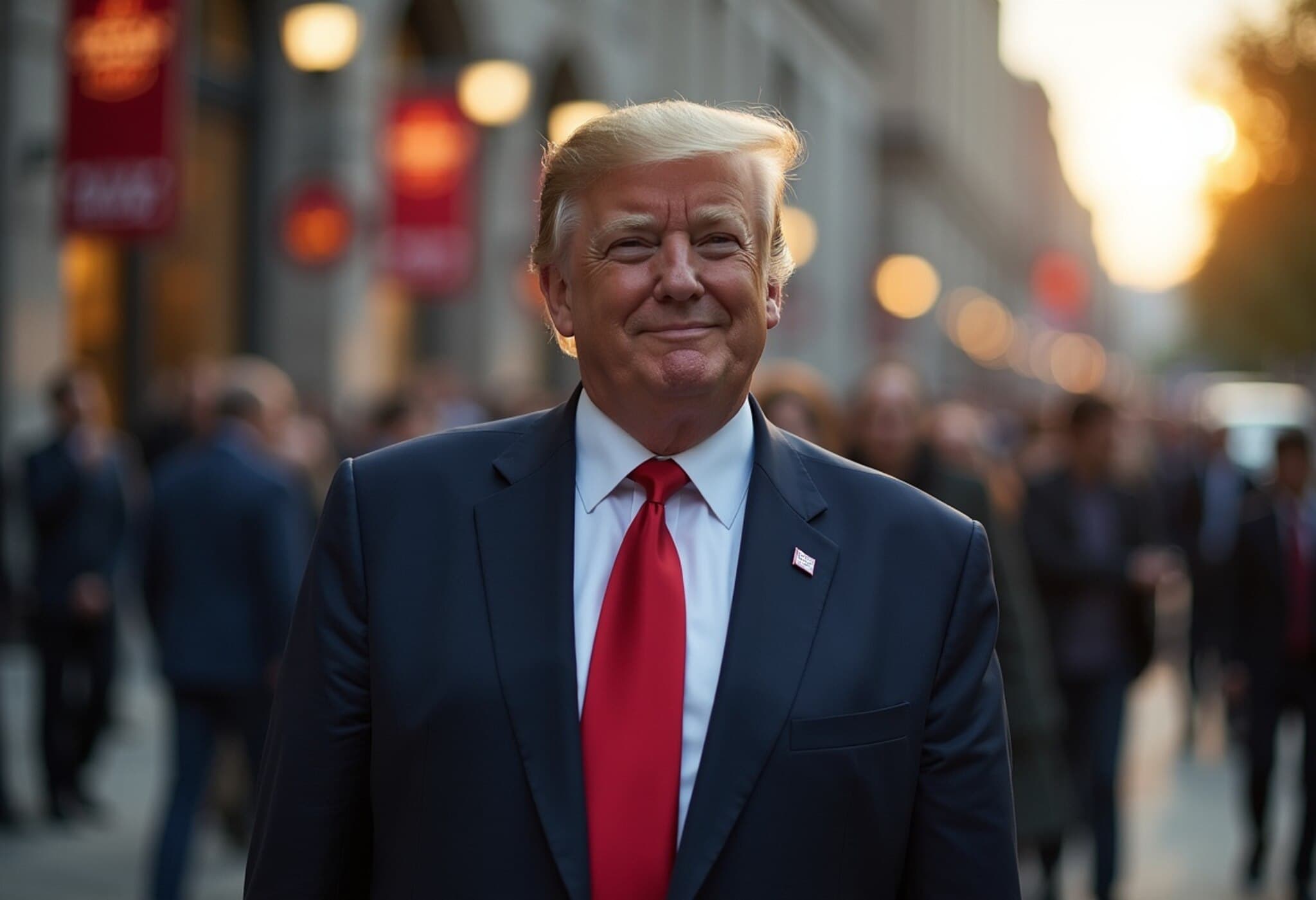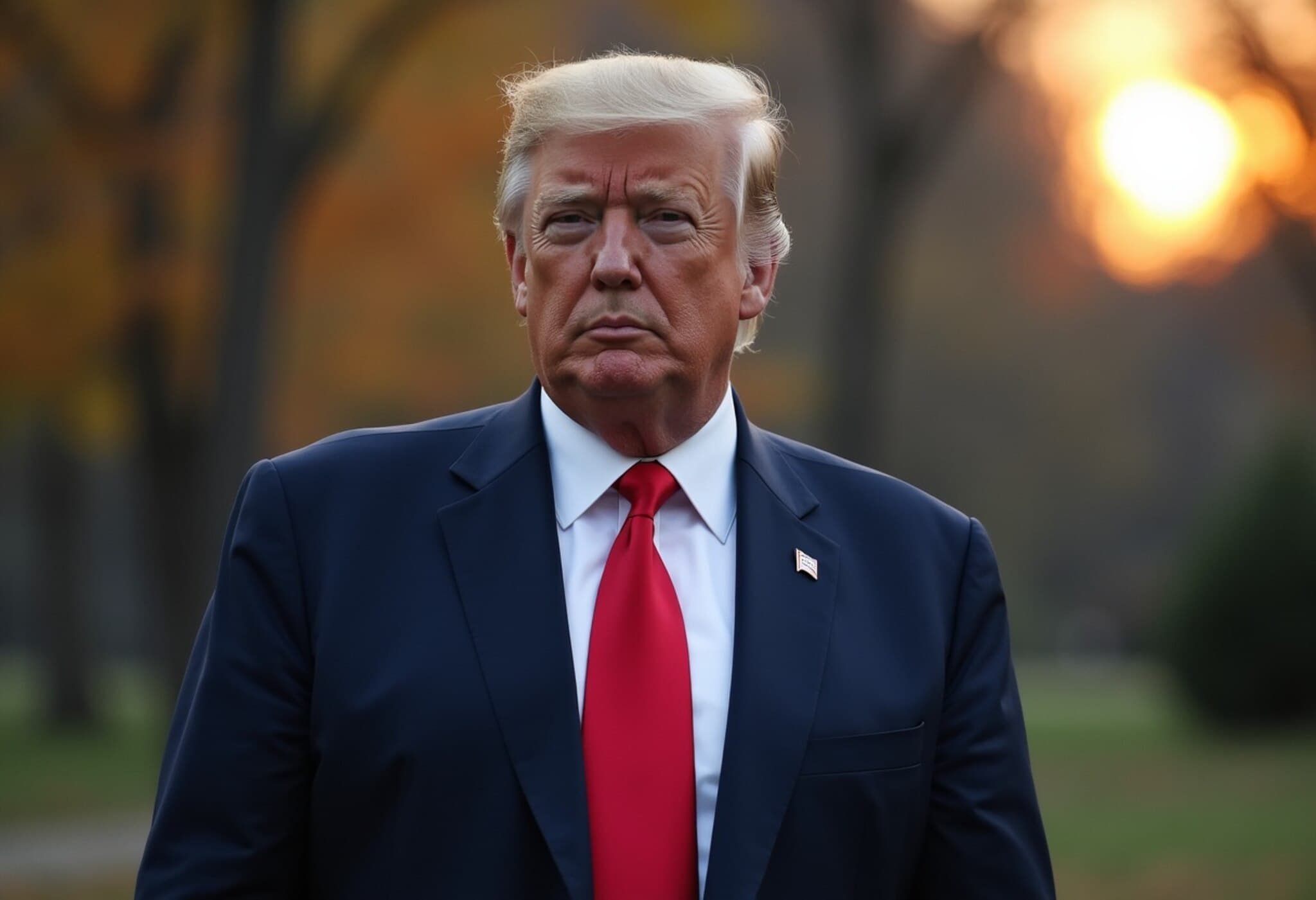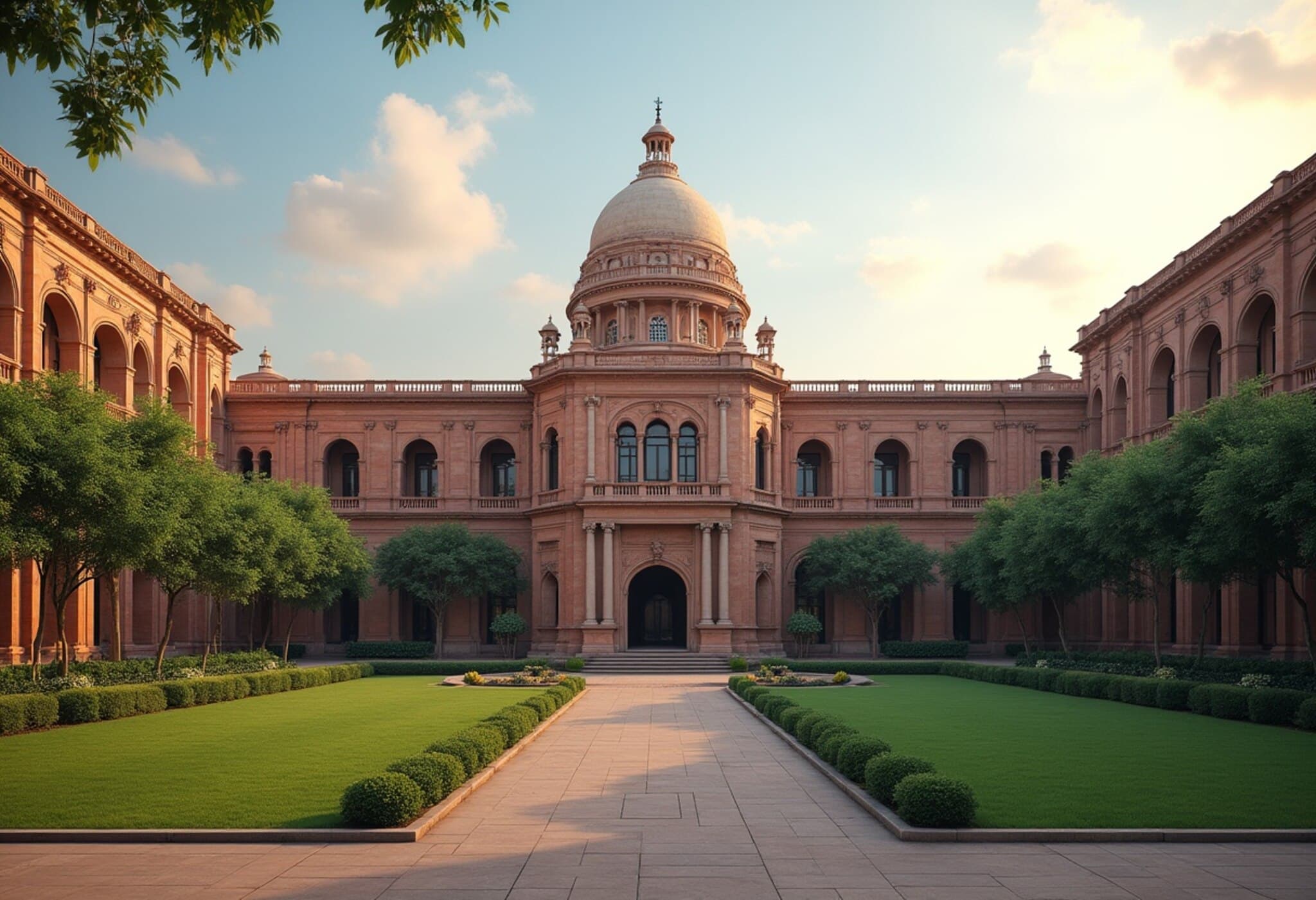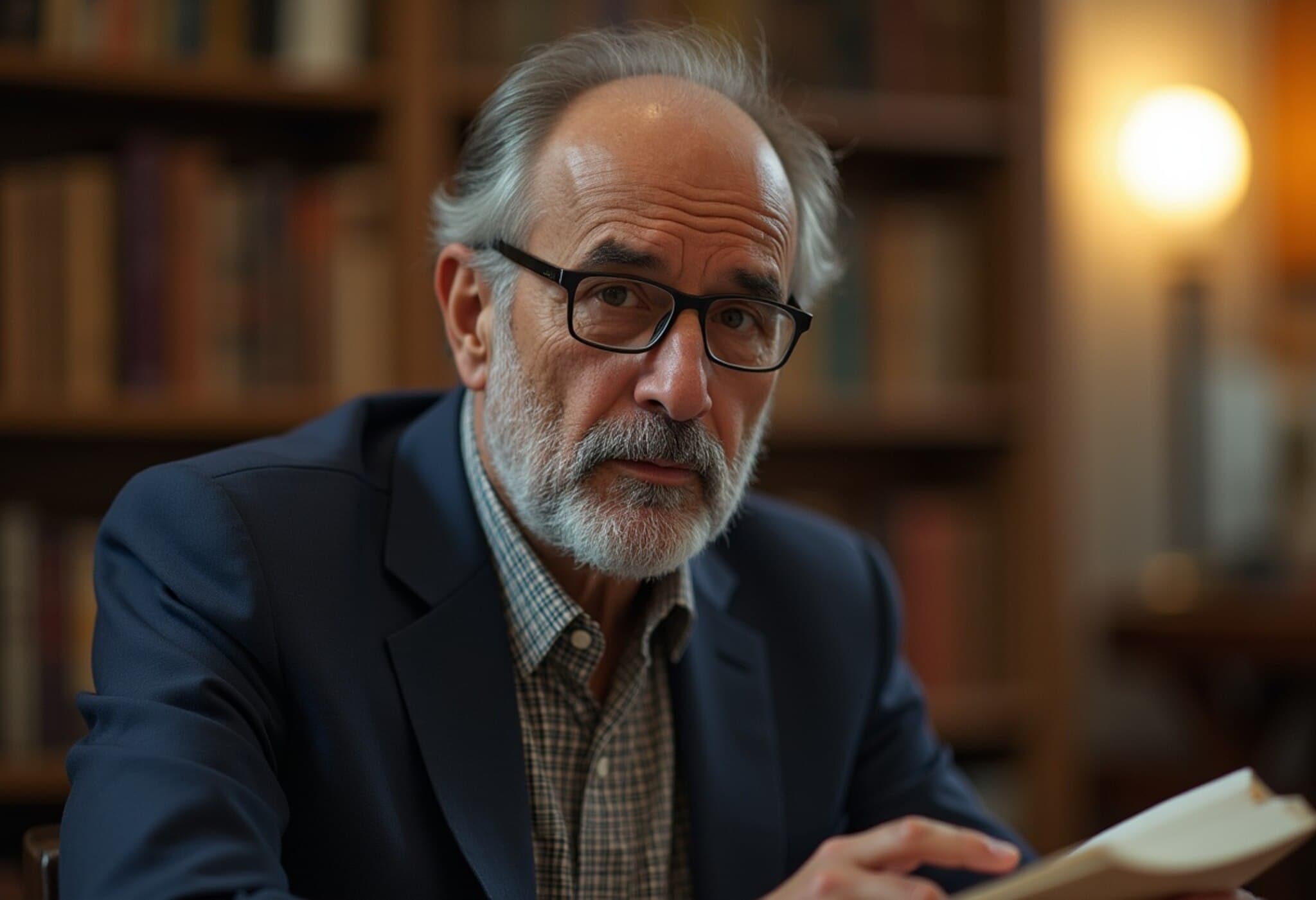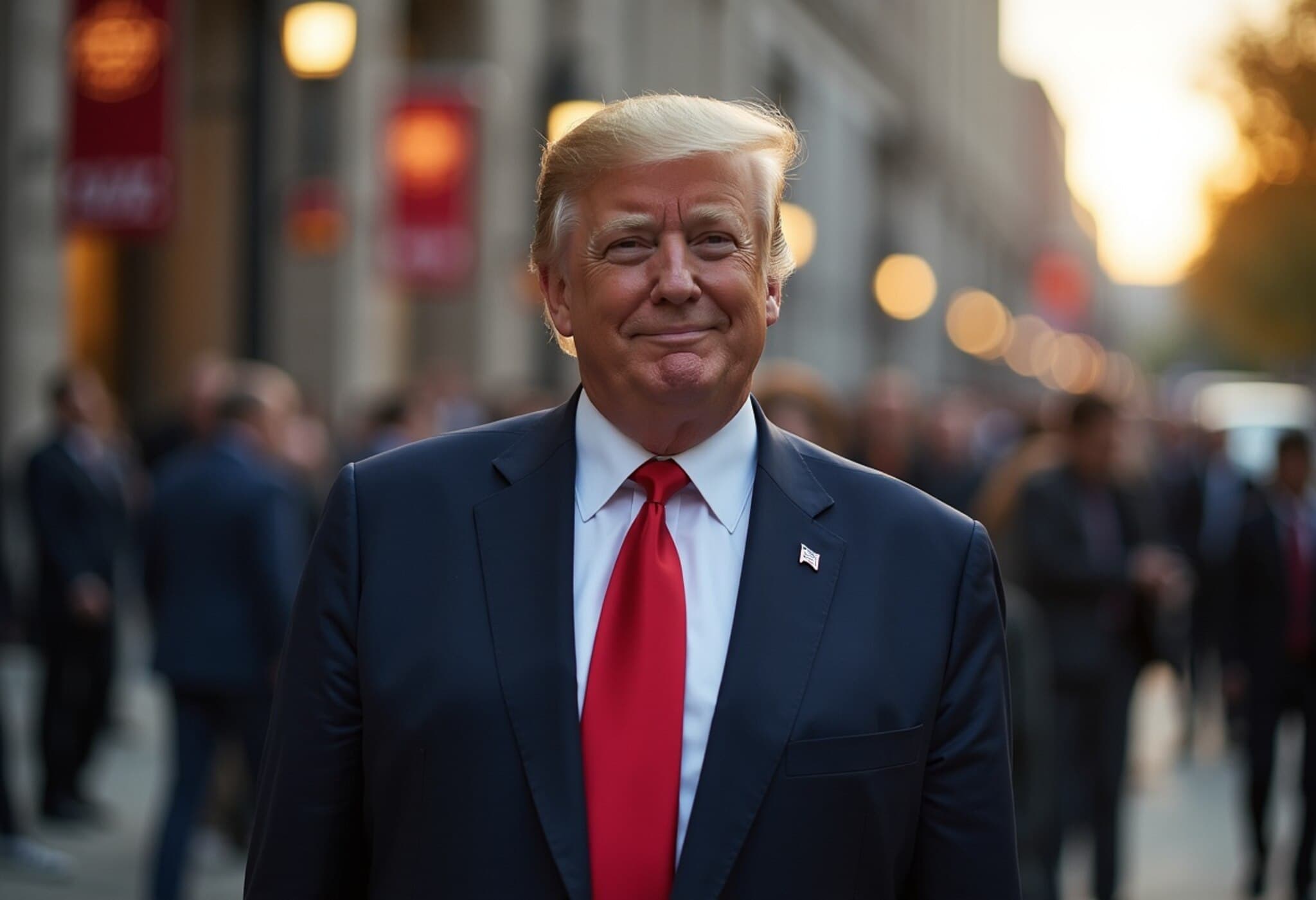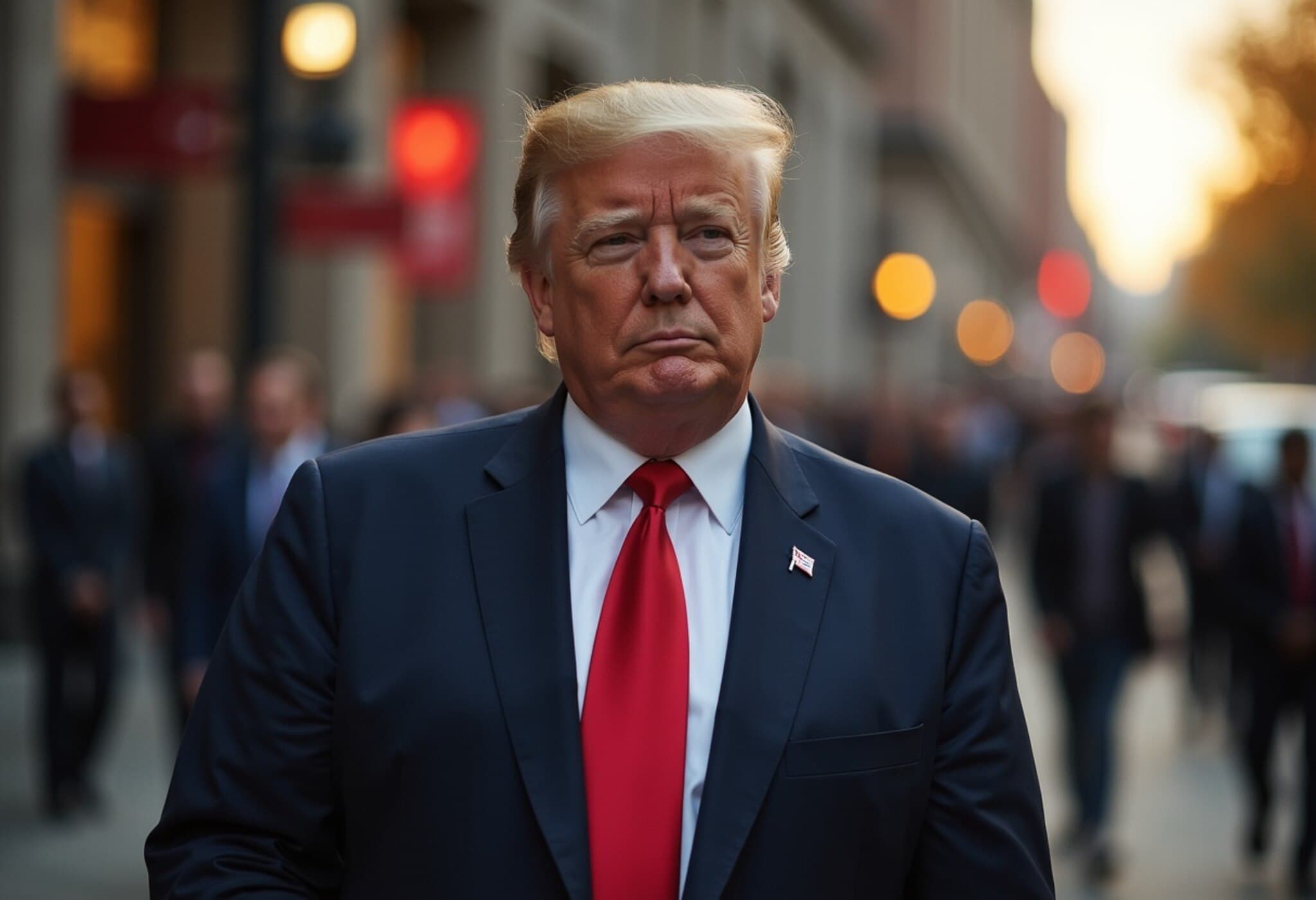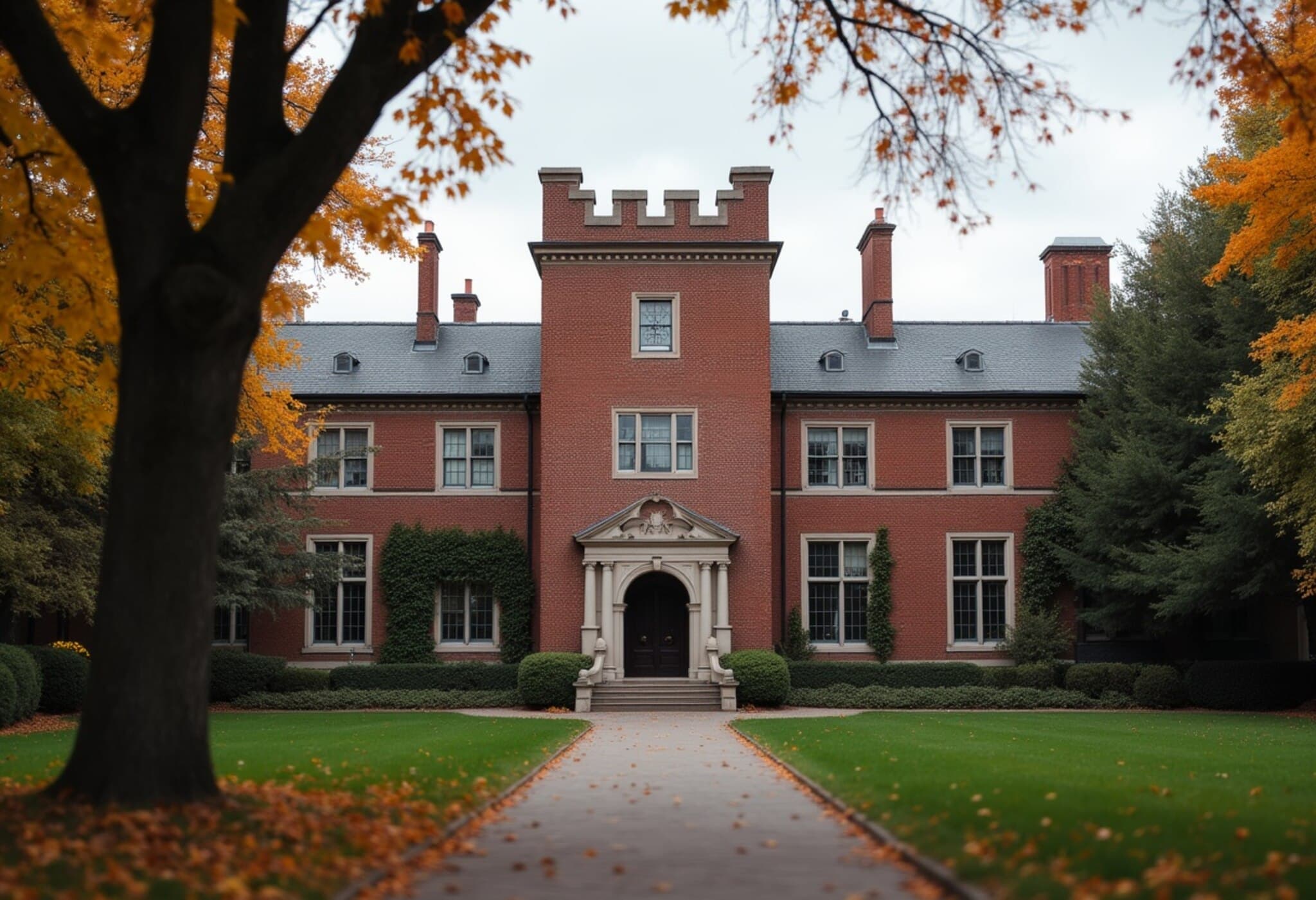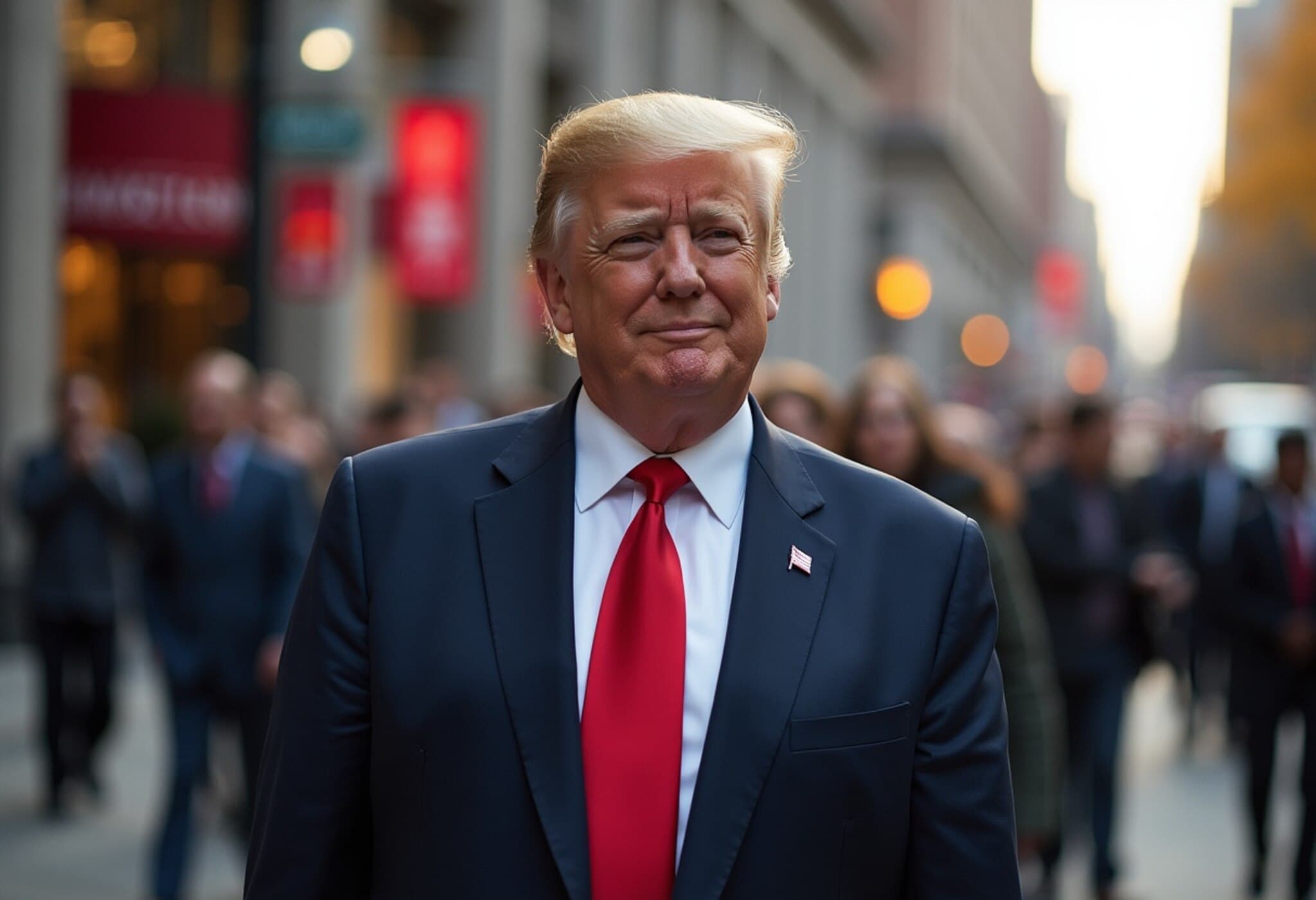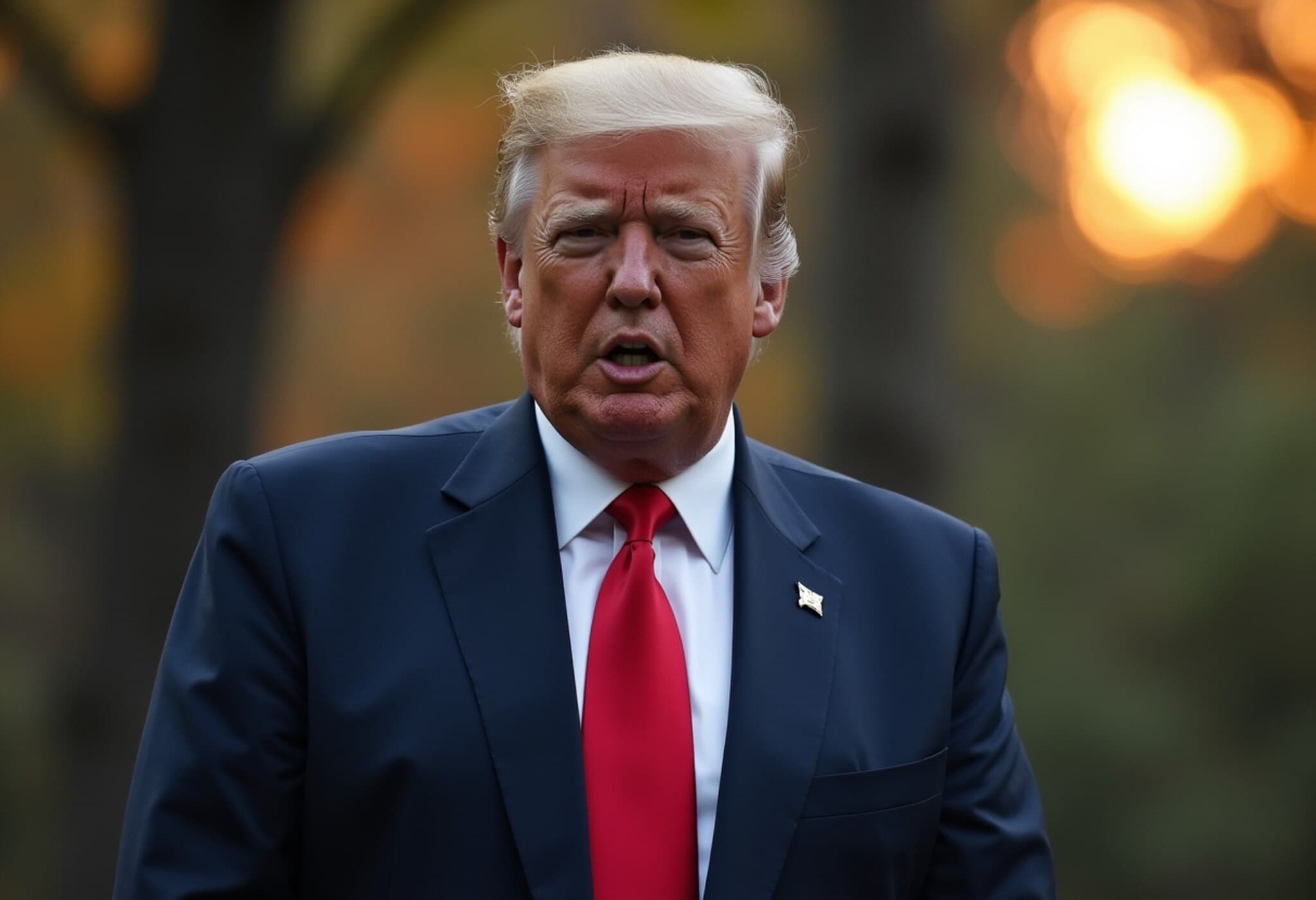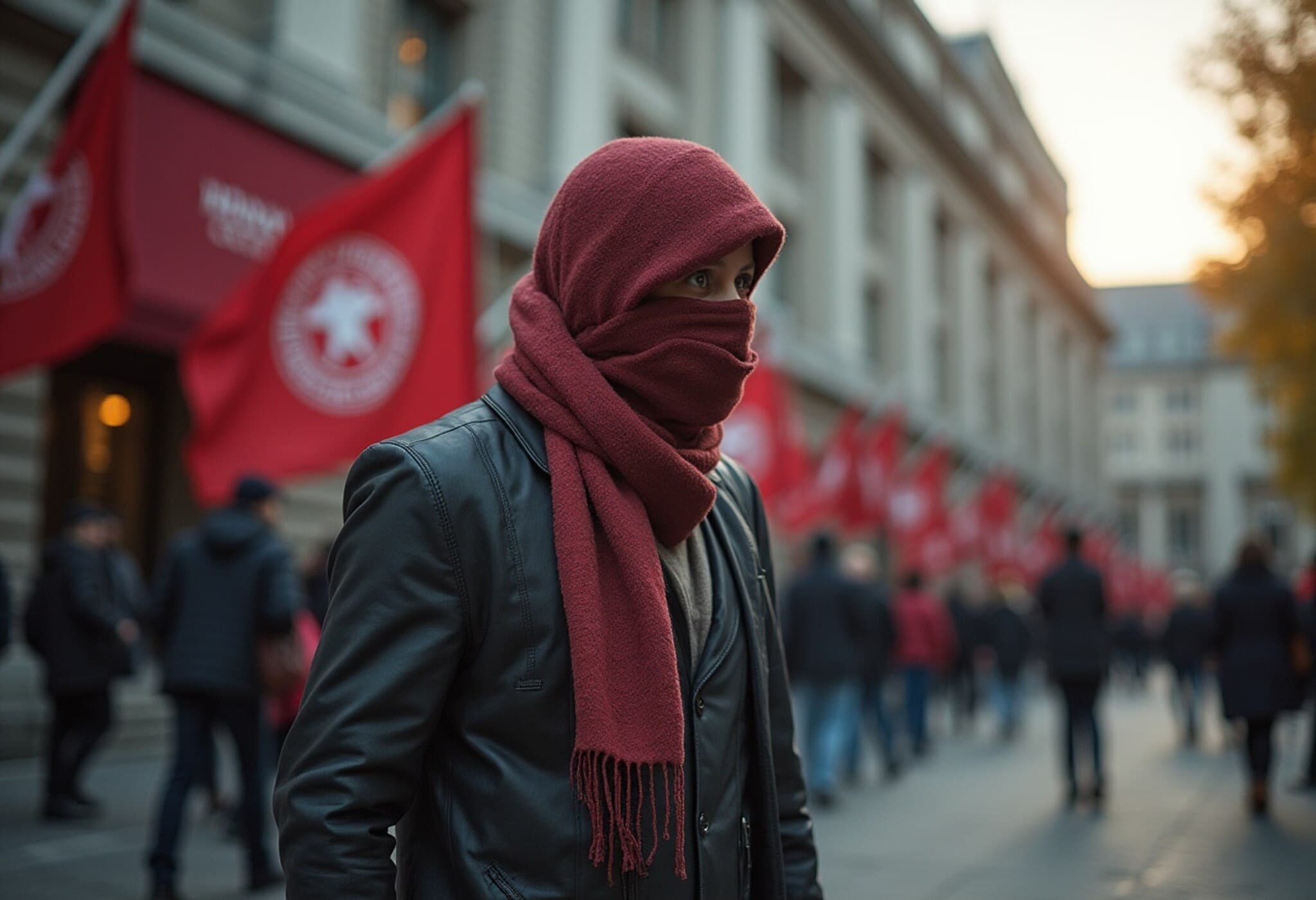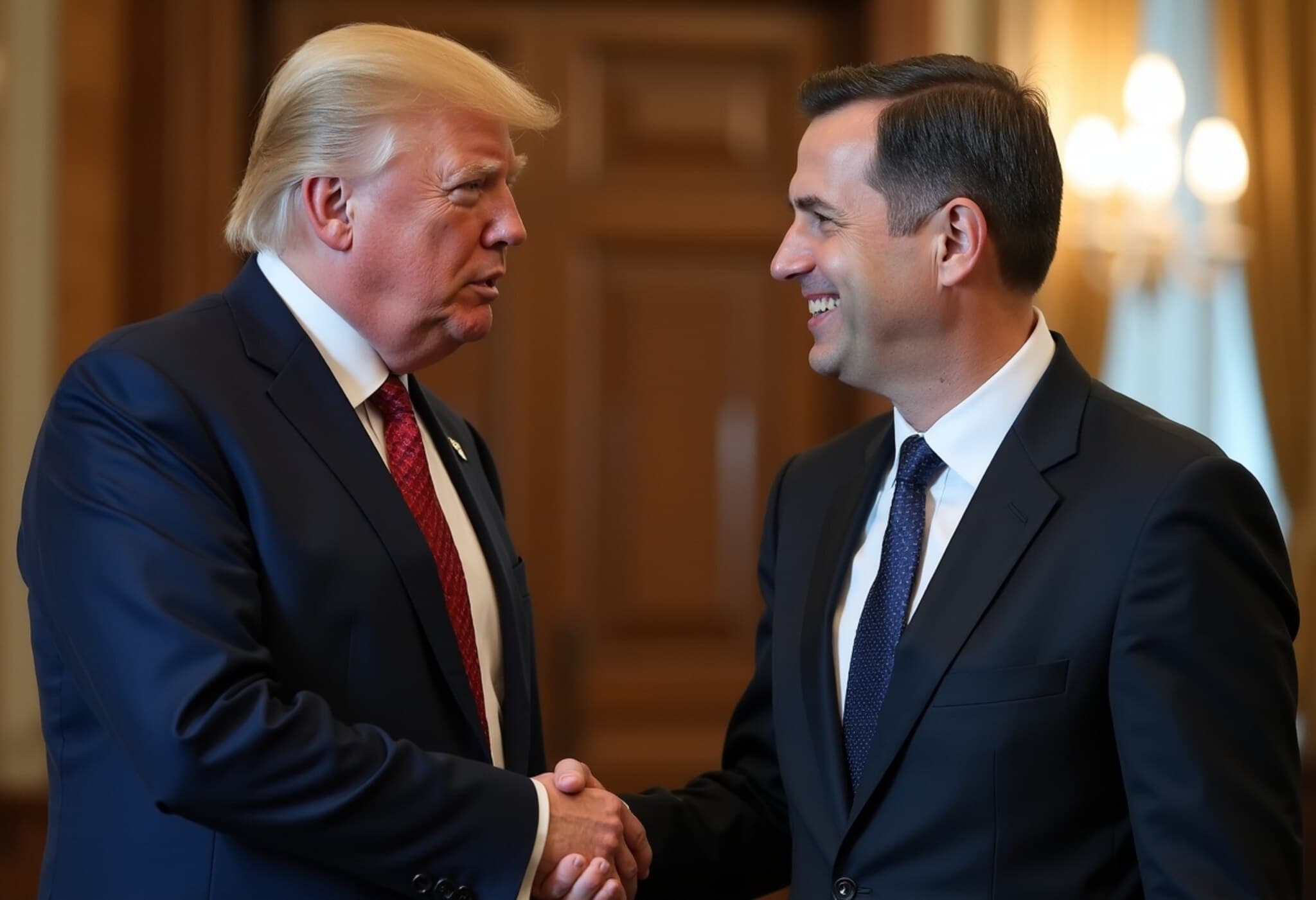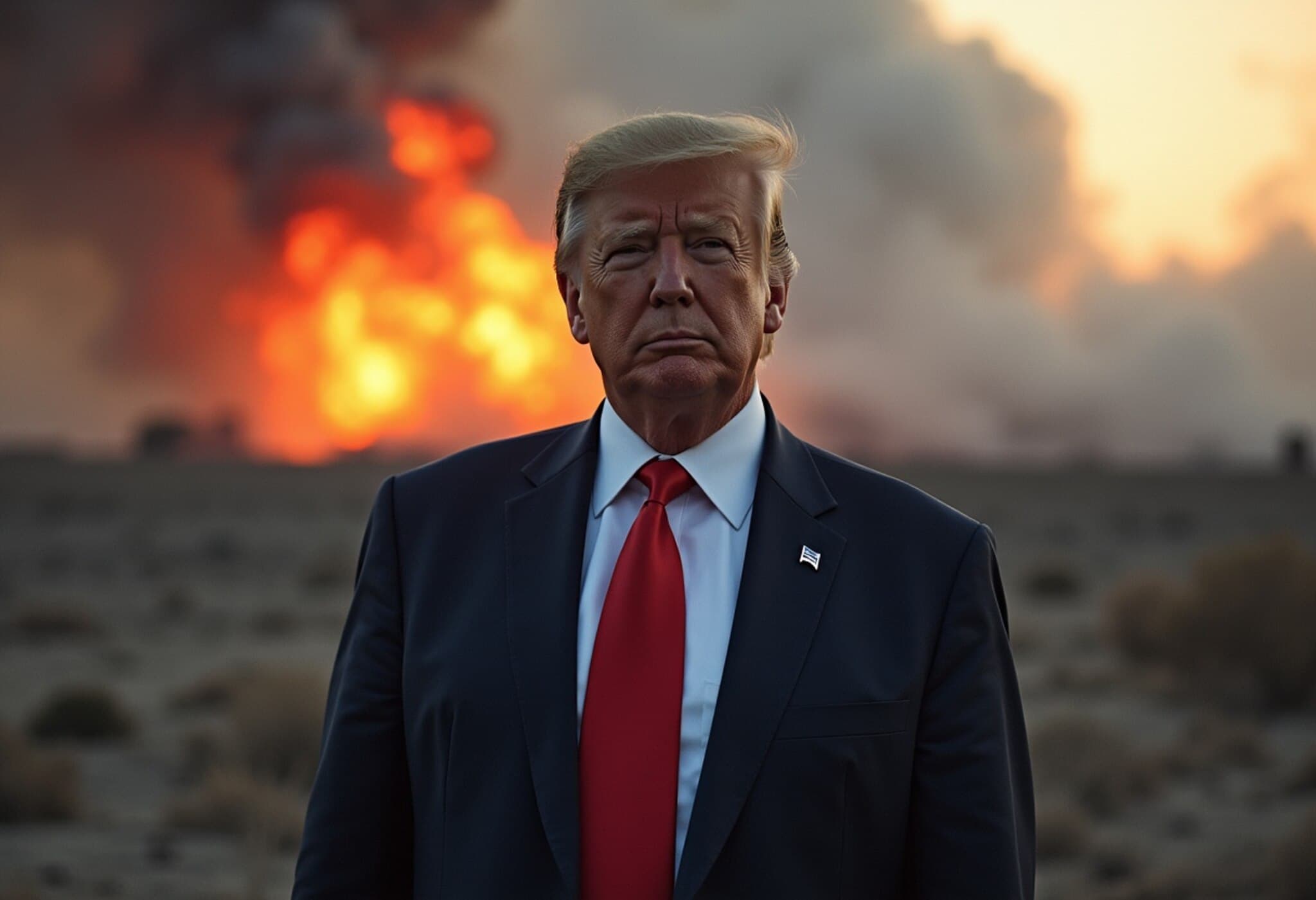US Court Halts Ban on Harvard’s International Student Enrollment
A recent court ruling has dealt a significant blow to efforts by the US government to restrict international students from attending Harvard University. The preliminary injunction issued by US District Judge Allison Burroughs stops enforcement of a presidential proclamation that threatened to suspend Harvard’s ability to host international students and revoke their visas.
Key Victory Amid a Larger Clash Over Academic Independence
This ruling offers immediate relief to nearly 7,000 international students, including about 800 from India, who found themselves at the center of a politically charged dispute. Yet, the battle extends far beyond student visas. Harvard continues to face pressure from the government over admissions policies, curriculum control, and funding, exposing a broader conflict over institutional autonomy and free expression.
Judge Highlights First Amendment Concerns
Judge Burroughs emphasized that the government's actions likely violate the First Amendment, describing the crackdown as retaliatory and ideologically driven. In her words, “freedom of thought, expression, and speech are fundamental to democracy and vital safeguards against authoritarianism.” The ruling effectively pauses the implementation of an executive order issued under the pretext of national security but widely viewed as targeting Harvard’s independence.
Ongoing Disputes Over Funding and Government Oversight
Alongside the legal reprieve, Harvard remains entangled in a broader campaign by the administration. Federal research grants have been frozen, tax-exempt status threatened, and investigations into the university’s foreign ties continue.
Harvard has filed lawsuits demanding the release of $2.5 billion in federal funding and seeking to block future immigration restrictions related to its international students. Legal experts largely back Harvard’s position as constitutionally sound, with many labeling the government’s measures as clear violations of constitutional rights.
Concerns from Academic and Civil Liberties Groups
Organizations including the ACLU and Cato Institute submitted amicus briefs warning of an “ideological takeover” of private institutions. They argued that the First Amendment forbids the government from imposing ideological conditions on admissions, hiring, or programming, reinforcing the court’s stance on protecting academic freedom.
Internal Debate and Ideological Tensions
Within Harvard, opinions differ on how to respond. Some leaders consider negotiating to restore financial stability, while others warn that compromising risks damaging the university’s reputation as a guardian of academic independence. Alumni groups have voiced strong support for standing firm against governmental overreach.
The Root of the Conflict
The administration has accused Harvard of fostering antisemitism, collaborating with the Chinese government, and lacking viewpoint diversity. These claims led to the revocation of Harvard’s Student and Exchange Visitor Program certification by Homeland Security Secretary Kristi Noem, despite scant evidence, sparking widespread concern across the academic community.
How Other Universities Have Reacted
While Harvard has taken a confrontational stance, other elite institutions like Columbia, Brown, and Princeton opted for quieter negotiations to avoid public legal battles. Harvard’s decision has placed it under intense scrutiny and made it a focal point of nationwide debates on the limits of governmental authority in education.
Government Demands and University Pushback
Earlier this year, the government scrutinized approximately $256 million in federal contracts awarded to Harvard, plus $8.7 billion in multi-year funding commitments. It demanded sweeping reforms, including the elimination of diversity programs, detailed disclosures of antisemitic incidents, and identification of students allegedly hostile to American values.
Harvard’s president, Alan Garber, rejected these demands, deeming them infringements on First Amendment rights and institutional autonomy. He criticized the government’s approach of linking federal funds to compliance without legal justification or due process.
Funding Freeze Adds Financial Pressure
In April, the Department of Homeland Security froze $2.2 million in grants and suspended a separate $60 million contract, intensifying financial strains on the university.
Significance of the Court’s Decision
This legal victory not only protects thousands of international students but also upholds broader principles of academic freedom and constitutional protections against political interference. As negotiations continue, the outcome will have lasting implications for higher education and government relations in the United States.

